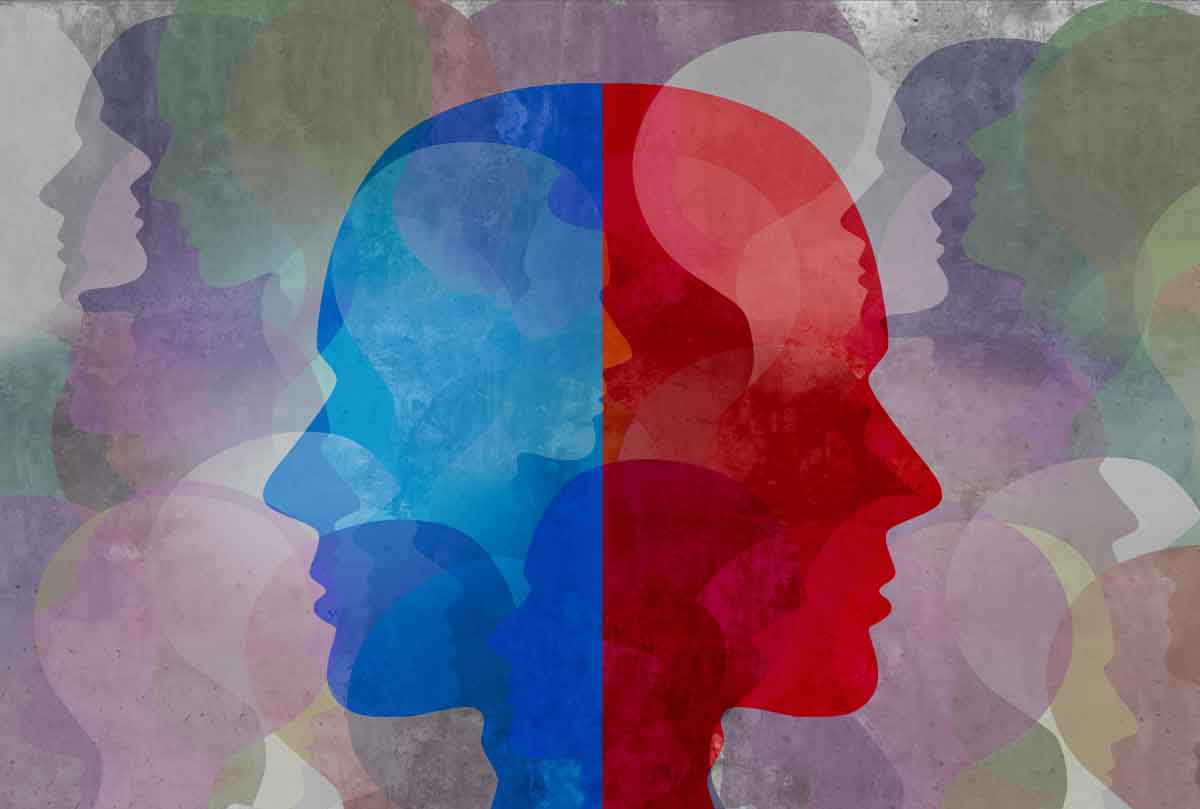Therapeutic potential of exogenous ketone supplement induced ketosis in the treatment of psychiatric disorders: review of current literature
Based on several studies suggesting that taking ketone supplements, such as ketone salts or ketone esters, can generate rapid and sustained nutritional ketosis and metabolic changes (which may evoke potential therapeutic effects in psychiatric diseases), Kovács et al. (2019) summarized the current literature on ketone supplementation as a potential therapeutic tool for psychiatric disorders. Ketone supplementation elevates the levels of ketone bodies in the blood such as D-β-hydroxybutyrate (βHB), acetoacetate (AcAc), and acetone. It is said that these compounds exert positive effects on the mitochondria, glycolysis, neurotransmitter levels, and the activity of free fatty acid receptor 3 (FFAR3), hydroxycarboxylic acid receptor 2 (HCAR2), and histone deacetylase, as well as the functioning of NOD-like receptor pyrin domain 3 (NLRP3) inflammasome and mitochondrial uncoupling protein (UCP) expression. Kovács et al. also state that the result is reduction in the pathophysiology associated with various psychiatric disorders. The conclusion is that supplement-induced nutritional ketosis leads to metabolic changes and improvements, and that there is a strong case for the development of specific adjunctive ketogenic protocols for psychiatric diseases. [NPID: psychiatric disorders, keto, ketogenic diet, psychosis, ketones, ketone supplements]
Year: 2019
 Navigation
Navigation






